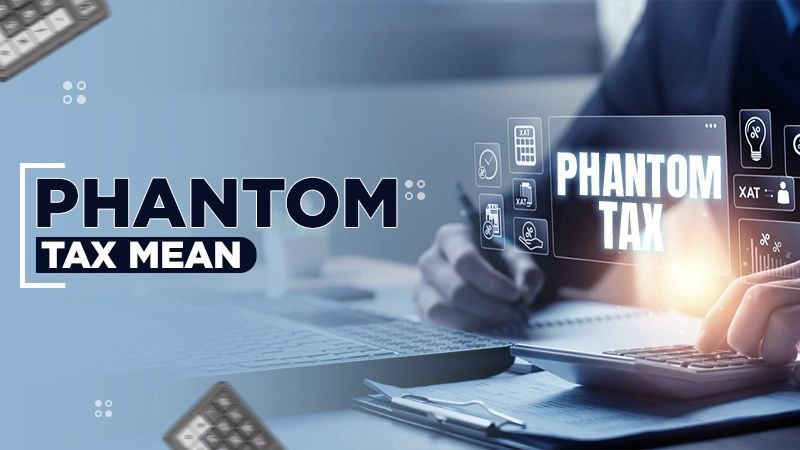It covers the costs of maintaining common areas, such as lobbies, patios, landscaping, swimming pools, tennis courts, a community clubhouse, and elevators.
The homeowners association fee is infamous for its complex calculations and tax treatments. While some people utilize this opportunity as a tax-deductible way to reduce their taxable income, others are still figuring out, “Are HOA fees tax deductible or non-deductible?” The same question arises for condo fees.
Many people are still unaware of the nature of the HOA fee and have been constantly paying it to their homeowner association without considering any help from tax outsourcing services. Therefore, in this article, we will explain what HOA and condo fees are, their tax treatments, and their calculation under IRS rules and regulations.
What are HOA Fees?

Homeowners Association fees are the monthly and quarterly fees paid to the homeowners’ association for covering amenities and services like landscaping, cosmetic maintenance, pools, gyms, security, garbage collection, waste recycling, repairs, and maintenance of the neighborhood.
The fee is collected from all the homeowners of a community by a management company, and the amount of the fee depends on several factors, such as size, location, and the offered amenities.
It is advisable to read all the CC&Rs (Covenants, Conditions, & Restrictions) for homeowners, as missing or neglecting the homeowners’ fee can result in losing property in the community. Therefore, it is advised to take the assistance of year-end accounts and CT returns services.
Are HOA Fees Tax Deductible?
Now comes the real question, “Are HOA fees tax deductible?”. The answer is no. As per the regulations of the IRS (Internal Revenue Services), the HOA fee is a personal expense, not a deductible expense.
This means that the HOA will not be deducted from the taxable income of the homeowners unless it is used for non-personal purposes. Therefore, HOA is considered non-tax deductible.
Exceptions to Tax Deductions on HOA Fees

HOA is non-tax deductible in cases of personal use. However, if the property is being used for other purposes, the HOA fees will be deducted from the taxable income and can change the tax reference number of the owner. Considering this, the following are the non-personal uses for which the HOA fees are tax-deductible.
Work From Home
If you are self-employed and use your home to fulfill the administrative work, the homeowners association fee will be considered tax-deductible. This means it can be deducted from your taxable income, reducing your payable income tax. According to the Tax Cuts and Jobs Act, the HOA fee will not be deducted from owners’ taxable income if they are not self-employed and work remotely from their homes. Your home should be the place where you operate your business.
The following are the required conditions for the home office:
- The home office’s workspace should only be used for business purposes, not for any personal uses.
- The home office should have a proper office infrastructure as photographic evidence to support your home office claim.
You will also be eligible for tax deductions if you use a portion of your home as an office. For example, if you use 30% of your home as an office, 30% of your HOA fees will be considered tax-deductible and the remaining 70% will be non-tax deductible.
Rental Purposes
The IRS considers homeowners association fees as a rental expense if you use your property for rental purposes, which means you can get a 100% tax deduction from your taxable income. This also applies to a portion of the home, which implies renting rooms, a storeroom, an apartment, a garage, or any part of the home whose HOA will be proportionally deducted from the taxable income.
But if you rent your home for a few months of a year, the HOA will be deducted for only rental months. For example, if you rented your home for 3 months, the ¼ of the HOA will be tax-deductible.
How Do I Deduct HOA Fees?
The HOA fee deduction process is very complex and depends on various possibilities, such as the following:
- For home office HOA computation, go through the different methods and requirements of home office deductions provided by the IRS (Internal Revenue Services). Also, remember to read Publication 587 of the IRS to determine whether the simplified method or the regular method will help you save more.
- For a rented home, check out Part 1 of Schedule E to compute your income and expenses. Remember that calculating the deductions might be complex for a partially or seasonally rented home.
Due to the various complications and tricky treatment of these cases, it is advisable to opt for self-assessment tax services.
Treatment of Condo Fees Under Tax Rules

A condominium fee is a fee of a similar nature to a HOA fee. This is collected from every property owner in a condominium complex for maintenance, cleanliness, water, etc. The difference between the condo fee and the HOA fee is that the COA charges the condo fee to the unit owners. Some individuals consider condo fees as rent, but in reality, it’s not rent, but common maintenance fees for a condominium complex owned by owners.
As both condo and HOA fees are of the same nature, the question “Are HOA fees tax deductible?” will also remain the same for condo fees. So similar to HOA fee, the condo fee will also remain not tax-deductible if used for personal purposes. When it is used for non-personal purposes like for rent, home office use, etc., it is deductible from the taxable income of the owner.
Tax Considerations for Homeowners
Apart from HOA and condo fees, the following are some common tax deductions and credits that apply to everyone:
- Property Tax: It is an annual or semi-annual tax charged on the properties owned by homeowners. This tax is levied by the local governing body, or municipalities, to fund school districts, community amenities, other local expenses, and projects.
- Mortgage Interest Deduction: This is the interest charged against the borrowed money for purchasing properties. The interest rate depends on the amount of money lent by the lender.
- Energy Efficiency Tax Credits: If you have installed energy-efficient advancements like solar panels on your property, you can get a tax credit of up to $3,200 annually.
- Home Office Deduction: If you have dedicated a part of your property or home as a home office, you can enjoy the deductions on that particular part. These deductions include mortgage interest, insurance, utilities, repairs, maintenance, and depreciation.
Wrapping Up
The homeowners association fee will not be deducted from the taxable income of the owner until the home is used for other than personal purposes like rent and home office. Go through the IRS publications and schedules to compute the actual HOA fee for your home.
Don’t forget other common taxes and tax credits, as neglecting these can have a high impact on homeowners’ tax obligations.











